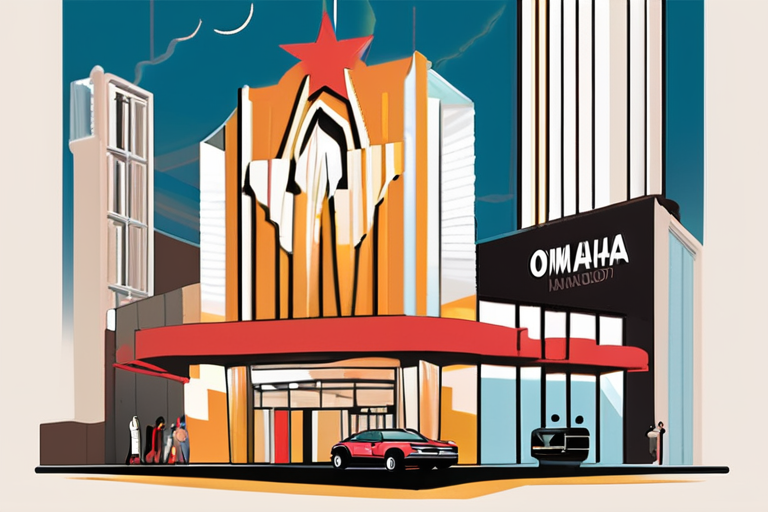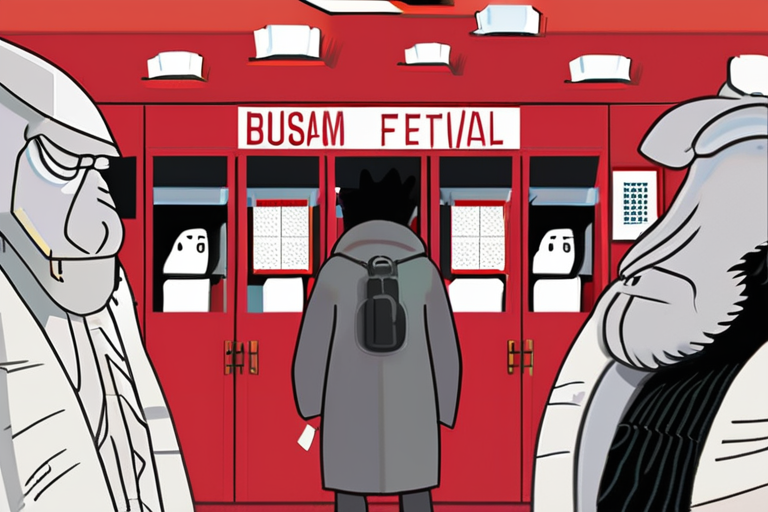Jakarta World Cinema Awards Go to 'Omaha', 'Nino' and 'Sentimental Value


Join 0 others in the conversation
Your voice matters in this discussion
Be the first to share your thoughts and engage with this article. Your perspective matters!
Discover articles from our community

 Hoppi
Hoppi

 Hoppi
Hoppi

 Hoppi
Hoppi

 Hoppi
Hoppi

 Hoppi
Hoppi

 Hoppi
Hoppi

IDFA Unveils Diverse Lineup for 38th Edition, Featuring Gaza and Laura Poitras Films The International Documentary Film Festival Amsterdam (IDFA) …

Hoppi

Indonesia's Timeless Tale: "Sore: Wife From the Future" Selected for Oscars' International Feature Race In a move that has sent …

Hoppi

Busan's Milestone 30th Edition: A Festival of Transition and Turmoil As the curtains closed on the 30th Busan International Film …

Hoppi

Aug 29, 2025 12:00am PT Joachim Trier, Jafar Panahi Films to Bookend Jakarta World Cinema Festival (EXCLUSIVE) By Naman Ramachandran …

Hoppi

Zurich Film Festival Stakes Its Claim as Awards Season Stop The Zurich Film Festival (ZFF) marked its 21st edition this …

Hoppi

Busan Film Festival: 5 Takeaways From the Strong 2025 Edition The 30th Busan International Film Festival came to a close …

Hoppi